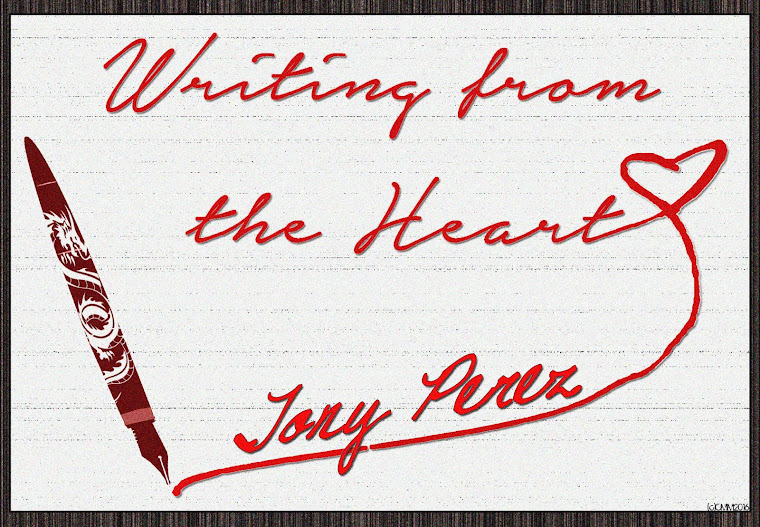Hello Ivan!
Your draft promises an interesting play. Be mindful, however, that the subject of gay marriages and gay partnerships has been tackled by other playwrights before; your play will shine only if it offers new, 21st-century insights. Here are my comments:
--Page 1, Line 5, Stage Direction, Top of Page: "at the bottom right corner" = "at the bottom right corner of the mirror"
--Always proofread your work. For example, Page 1, Line 1: "thought" = "taught". There are many other examples all throughout your work. A play with a lot of typos is like a photograph that is out of focus.
--You begin your play with parallel scenes depicting flashbacks and the present time. This is unfair to the persons performing the flashbacks. Their roles are not acting roles. The information they provide the audience is better off relayed as exposition.
--Consider visualizing the play without sets and props.
--Scene 10 is an abrupt flashback. How will the audience know this change in time if the players are the same players and of almost the same chronological ages as they are in the present time?
--Scene 11 is under-written and creates an aesthetic imbalance. Remember that you are writing a play, not a movie script that can employ long shots, close-ups, cut-to-cut shots, and a sound track.
--Finally, Scene 12 is the real beginning of the play. It is when the real dramatic crisis occurs, and it is as close to the climax as possible.
Do NOT be discouraged, Ivan. Mull over Scene 12 and see if you can propel the play from that scene onward without the use of flashbacks.
I look forward to the development of your play.
Your draft promises an interesting play. Be mindful, however, that the subject of gay marriages and gay partnerships has been tackled by other playwrights before; your play will shine only if it offers new, 21st-century insights. Here are my comments:
--Page 1, Line 5, Stage Direction, Top of Page: "at the bottom right corner" = "at the bottom right corner of the mirror"
--Always proofread your work. For example, Page 1, Line 1: "thought" = "taught". There are many other examples all throughout your work. A play with a lot of typos is like a photograph that is out of focus.
--You begin your play with parallel scenes depicting flashbacks and the present time. This is unfair to the persons performing the flashbacks. Their roles are not acting roles. The information they provide the audience is better off relayed as exposition.
--Consider visualizing the play without sets and props.
--Scene 10 is an abrupt flashback. How will the audience know this change in time if the players are the same players and of almost the same chronological ages as they are in the present time?
--Scene 11 is under-written and creates an aesthetic imbalance. Remember that you are writing a play, not a movie script that can employ long shots, close-ups, cut-to-cut shots, and a sound track.
--Finally, Scene 12 is the real beginning of the play. It is when the real dramatic crisis occurs, and it is as close to the climax as possible.
Do NOT be discouraged, Ivan. Mull over Scene 12 and see if you can propel the play from that scene onward without the use of flashbacks.
I look forward to the development of your play.
